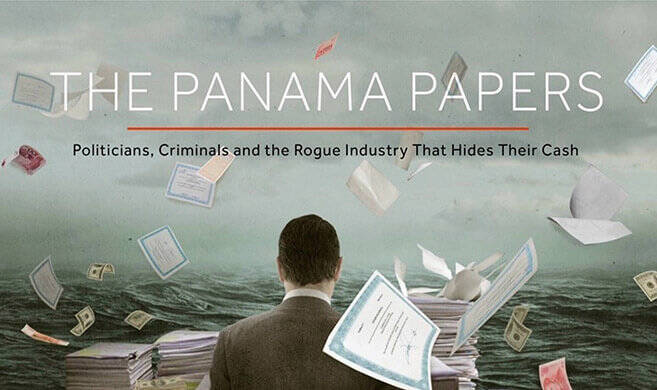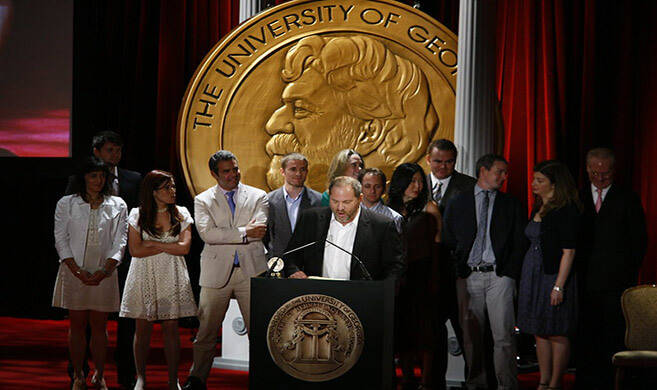#MeToo, Jeffrey Epstein, the Panama Papers. High-profile movie moguls, actors and financiers have been felled by allegations of sexual misconduct. Politicians, even leaders of countries, have been forced out of office because of revelations of financial improprieties. In one striking instance, in 2017, incumbent Pakistan Prime Minister Nawaz Sharif was disqualified from holding public office for life. How the mighty have fallen in recent years, engulfed by the sulfurous odor of scandal.
While the individuals involved in personal scandals often attract the most heat, the wrongdoing behind corporate scandals may be more harmful, damaging many lives, whole business sectors, even entire economies. The subprime mortgage crisis is the most recent, sweeping example. Yet without the whirlwind of scandal, many powerful organizations and individuals remain effectively untouchable. With this in mind, my coauthor and I sought to clarify the conditions under which high-status entities can face punishment for their misdeeds.
The perks of being a big fish
High-status individuals and organizations are typically powerful, have an effective network, and command the trust and respect of society. These factors make it very difficult for regulatory authorities to even investigate allegations — let alone take a punitive action — against high-status individuals and organizations. Therefore, high-status individuals and organizations often get away with their violations of rules and norms, while low-status individuals and organizations are punished disproportionally for their violations.
High-status individuals and organizations often get away with their violations of rules and norms, so under what circumstances can high status wrongdoers actually be brought in line?
Scandal nullifies the advantages of status
So under what circumstances can high-status wrongdoers actually be brought in line? For our study, which focused on corporate malfeasance, we looked at firms that were at risk of an SEC (Securities and Exchange Commission) enforcement action because their alleged violation of securities laws warranted a class-action lawsuit. We examined the period from 2006 through 2011, which saw two major corporate scandals: the options backdating scandal and the subprime mortgage scandal. The SEC took enforcement action against 14 percent of the firms accused of corporate fraud during this period.
We theorized that it is exactly in conditions of scandal that high-status organizations were more likely to be targeted by SEC punitive action, because it is in such moments that their clout is reduced. Specifically, scandal increases the chances of punishment for high-status wrongdoers by enabling three conditions:
1. Scandal encourages evidence from several different sources about the violations (lack of evidence is often a problem in cases against high-status organizations);
2. scandal makes it easy to make public accusations, and public anger means that the bar needed to establish guilt is reduced (the bar to establish guilt is typically very high for high-status organizations); and
3. the friends and the network of the accused are of little help because they fear that they might be contaminated by the scandal (friends and network typically come to the rescue of high-status organizations when in trouble)
A chance to clean up the water
Our main finding is thus that status becomes a liability during a widespread scandal, with its attendant media outcry and public calls for action, increasing the likelihood of enforcement action: High status corporations are punished more when their misconduct is part of a widespread scandal but are less likely to face punishment for fraud when there is no scandal but simply a standalone violation.
Scandals present an opportunity for regulatory authorities to challenge the clout of high-status organizations.
We contend therefore that far from being simple tabloid fodder or the latest trending topic on Twitter, scandals present an opportunity for regulatory authorities to challenge the clout of high-status organizations. Scandals are powerful and opportune occasions with consequences that are ultimately good for society, a moment when regulatory authorities can catch the big fish that are polluting the water.









